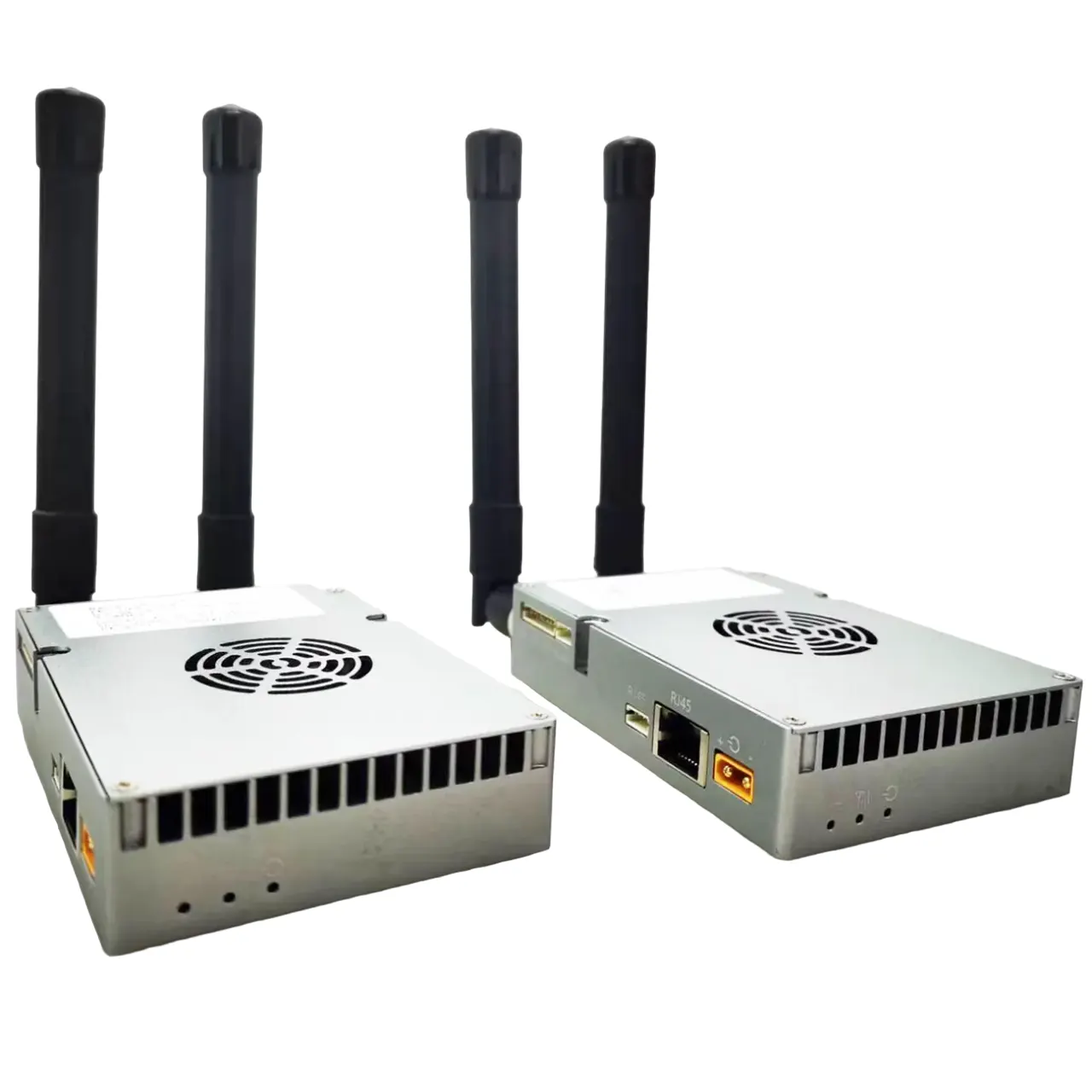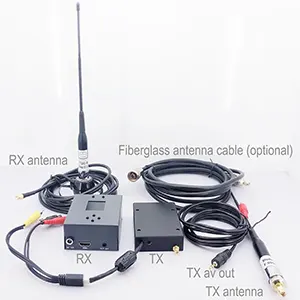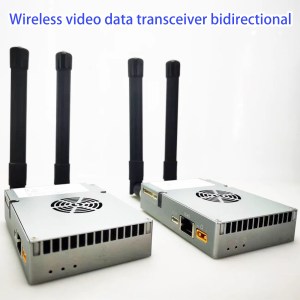CVBS HDMI encoder for live streaming
What is a CVBS HDMI encoder for live streaming?
CVBS HDMI encoder for live streaming is a device that supports CVBS analog TV composite video input and HDMI 1080P high-definition video input; The board output is IP RJ45 and supports RTSP player and UDP player, which means it connects the board to the internet. Your video sources will become the stream and play on the internet.
FAQ
Q1: Does your CVBS HDMI encoder for live streaming support MPEG-2 TS over UDP supported?
A1: Yes. Our CVBS HDMI encoder for live streaming supports MPEG-2 TS over UDP.
https://ivcan.com/p/hdmi-to-ip-encoder-modulator-cvbs-h-265-h-264-encoding-board-pcba-ethernet-lan-http-rtsp-udp-onvif-tcp-ip/
Q2: Instead of RSTP, I need an MPEG-2 Transport stream
A2: Do you need DVB-t RF out, which supports the Transport Stream?
Q3: No, just CVBS input and Ethernet out, Ethernet protocol: H.264. For compression, MPEG-2 TS on UDP broadcast, I need a quote for 5 qty and a complete datasheet.
A3: Vcan1746 can output the TS stream over UDP, but the output TS stream is a non-standard Transport Stream that we have modified, which needs to be interpreted by our decoder board or player.
Q5: What should I do if I can’t ping the encoder board from my computer?
Directly connect the UART cable of the encoding board to the computer, and use the serial port debugging assistant to send the ATGIP_ command. Get IP address command Operation Video at Youtube
1. I can get the sub-stream quickly, but the mainstream needs to get it after reboot. What should I do?
I have tested your encoder multiple times with our system. It is working fine overall.
But we have one big issue to validate its usage :
Whenever we turn on the system camera and the encoder at the same time, we cannot read the “mainstream”, we can only read the “sub-stream”.
We have to “Reboot” the encoder via the web interface to make it work: after the reboot, we can directly read the mainstream.
We tried with both VLC and Gstreamer.
What could we try to have both streams readable on startup?
iVcan reply: In the opinion of our engineers, it is either a problem with camera recognition or a problem with customer use.
I suspect that the board card did not recognize the customer’s HDMI camera.
This is easy to verify (if you cannot access the sub-stream, it will be difficult to verify).
Log in to the web server of the encoder board and you can see the camera recognition status on the video page.

The video page will only display the recognition status of one camera. If HDMI and AV cameras are connected and recognized at the same time, the video page will display the recognition status of the HDMI camera (such as 1080p60):
As long as the HDMI camera can recognize it normally, Mainstream can be accessed normally.
If the HDMI camera is not recognized normally, please check the HDMI wiring and power on the board again (note that this is a power cycle, not a software restart on the web page)
In addition, the board uses a random Mac address, so the Mac address will change every time we restart it.
For devices with an ARP cache (such as a PC), after restarting, it will be temporary (a few seconds) unable to access the board from the network. , We cannot access it until the arp request is re-initiated after timeout (the performance is that the coding board cannot be pinged for several seconds after restarting)
Therefore, I guess another possibility is that when the customer accesses the mainstream, it cannot be accessed due to the above reasons. Then when the customer accesses sub-stream, the arp cache refreshes and the customer can access it, but the customer does not revisit the main-stream.
Whenever we turn on the system camera and the encoder at the same time, we cannot read the “Mainstream”, we can only read the “subStream”.
Judging from your description here, it seems that your camera is started after our encoding board. Please start your camera first, and then power on and start our encoding board to try it. Maybe it is not powered on at the same time. The powered-on order also matters. For example, your camera startup needs 10 seconds, but our encoder board startup needs only 5 seconds.
Because I am not sure whether your camera is very slow to initialize after power-on.
Because our encoder board starts very quickly, it may be that the camera has not been initialized after it started our encoder board, which may lead to some unexpected problems. This can also explain why “We have to “Reboot” the encoder via the web interface to make it work: after the reboot we can directly read the mainStream.”, because when your web page restarts the encoder board, the camera has already been initialized.
Therefore, the final suggestions are as follows (I tried my best to list everything that came to mind and let you test them separately);
- Look at the video page of the web server and confirm whether the HDMI camera is recognized normally (you can send a screenshot to us). As long as the camera is recognized normally, Mainstream can be accessed;
- It is recommended that you ping the coding board under cmd first, and then access mainStream and subStream under vlc to avoid mistakenly thinking that Mainstream cannot be accessed due to random mac issues.
- Let you start your camera first (for a few seconds), then power on and start our encoding board to try (see the reasons described above)
- Follow your original operation of “turn on the system camera and the encoder at the same time”. When the problem “we are unable to read the “mainStream”, we can only read the “subStream”.” is reproduced, Do not restart the encoding board through the web page, but hot-swap the HDMI cable between your camera and the encoding board. I think it is only a hot-swap operation (because I suspect it is a plug-in detection problem that causes the camera not to connect to the encoding board. Send HDMI signal)
HDMI To IP encoder modulator CVBS H.265 H.264 encoding board pcba Ethernet RSTP UDP for UAV Drone Robotic
$399.00































